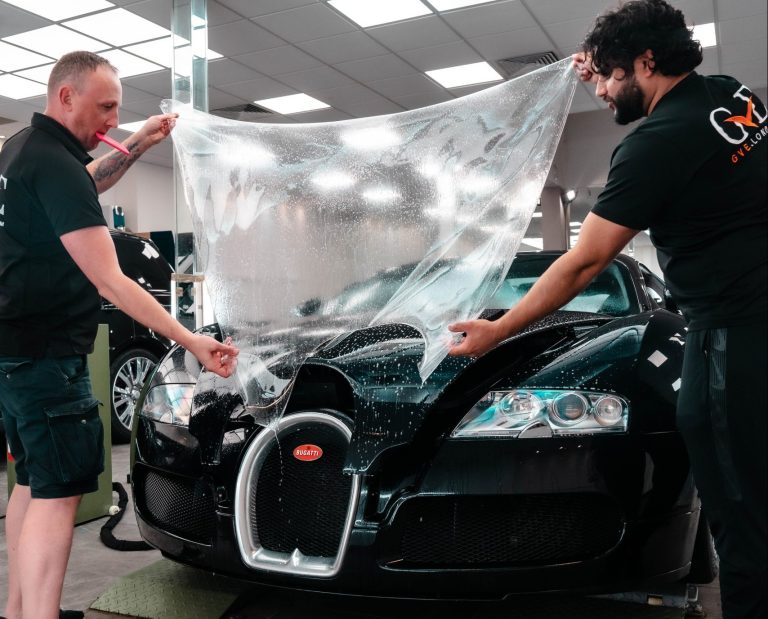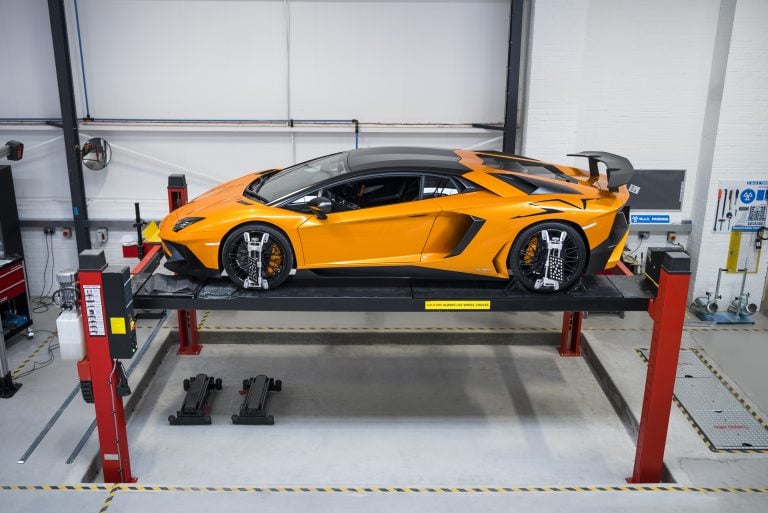- Showroom Case Studies
The Impact of Car Export Regulations on International Trade | GVE London – Blog
Explore how regulations shape global car exports, from safety and environmental standards to tariffs, trade agreements, and market-specific requirements.
Car exports play an integral part in international trade, impacting greatly on the economies, different industrial verticals, and the global consumer markets. The strict export regulations notably influence this entire trade, impacting the manner in which the businesses are operating and the way customers are accessing their vehicles. Such rules and guidelines reshape the space of exporting cars from the UK, mainly while dealing with luxury brands and high-end models. A thorough, detailed knowledge of such regulations assists businesses and people to deal with the complexities and grabe better opportunities.
How Regulations Shape Car Exports
Government export regulations consider the export of vehicles across borders. These regulations involve taxes, tariffs, restrictions, and compliance standards that vary in each country. The businesses that practice exporting cars from the UK predetermined the rules that require complete documentation and follow global standards.
The Influence of Safety Standards on Car Exports
Each country has its own set of safety standards that impact the manner in which cars are designed, exported, and manufactured. Other countries, like the United States and European nations, enforce a strong need for crash tests and mandatory safety features like anti-lock braking systems and advanced airbags. The exporters should modify vehicles with the help of the supercar showroom like GVE London, which increases the production and shipping costs.
Meeting the different safety needs of supercars and luxury cars involves a lot of engineering work, like integrating advanced driver-assistance systems (ADAS). Irrespective of the complexities, complying with strict safety standards paves the path to the top-performing markets, with consumers willingly paying a premium for appropriately regulated vehicles.
Environmental Regulations and Their Trade Implications
The emission standards are considered one of the highly impactful regulations towards international car exports. Nations with aggressive carbon-reduced goals, like the European Union, impose stringent limitations on the greenhouse gas emissions of vehicles. The exporters that aim towards luxury car exports should consider such standards as non-compliance, leading to heavier fines or straight rejection of the vehicles right at the border.
Such regulations have encouraged manufacturers to adopt greener technologies like electric or hybrid drivetrains. Although this transition involves greater initial costs that match global consumer trends like sustainability, it presents a better scope for forward-thinking exporters.
Read Also: Understanding UK Car Export Laws: What Every Buyer Should Know
The Effect of Tariffs and Trade Agreements
Tariffs are yet another regulatory factor reshaping global car exports. High tariffs often make vehicles more expensive across the destination markets, reducing their competitiveness. For instance, exporting cars from the UK to nations with unfavorable trade agreements leads to substantial cost increases for businesses and consumers.
Alternatively, the favorable trade agreements between the nations like the free trade areas, reduce or eliminate the tariffs, create opportunities for the exporters. Businesses often use such agreements to price their products competitively, making the luxury or the supercars showcased in the supercar showroom, which is highly appealing to global buyers.
Market-Specific Requirements and Cultural Considerations
The regulations often extend to the technical aspects, including the functional and aesthetic choices that are distinctive to the different markets. For instance, a few specific nations would have to modify their right- or left-hand adjustments. In markets such as Japan, smaller vehicles with compact designs are prominent due to their parking limitations and narrow streets.
Exporters often target niche markets to learn about cultural nuances and regulatory needs. Trade showrooms help cater to different choices to ensure better success across varied markets that display versatile options.
Documentation and Customs Compliance
Appropriate documentation is important for effective car exports. Different nations have distinctive paperwork needs, including certificates of origin, detailed invoices, and emissions compliance. Flawed documentation leads to fines, delays, or vehicle confiscation in customs.
Making necessary technological investments helps streamline the documentation process. Digital tools help reduce errors while ensuring compliance with constantly growing regulations, boosting the operational efficiency of businesses dealing with high-end transactions.
Conclusion
The car export regulations will help redefine the entire outlook of global trade. Following these regulations is the key for businesses to thrive in the competitive market. This is where GVE London can help. Popular for its expertise in supercar detailing, servicing, wrapping, and PPF, GVE London helps us ensure that the vehicles meet the highest standards.
Frequently Asked Questions
Exporters have to deal with, for example, more documentation, emission standard compliance, and changing trade terms.
The export of luxury vehicles can involve more stringent controls, higher shipping charges, and customization to the buyers’ desires.
GVE London, experts in detailed, wrapped, and serviced supercars, can maintain their value and appeal during the export process.
Contact Us
"*" indicates required fields
OUR SERVICES

PAINT PROTECTION FILM

WRAPPING

SERVICING










